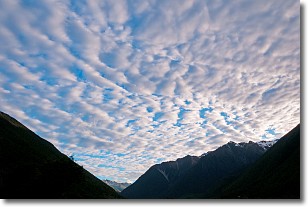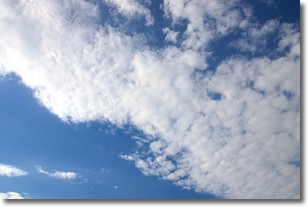Weather Alert in South Carolina
Flood Warning issued August 14 at 4:19AM EDT until August 18 at 9:30AM EDT by NWS Columbia SC
AREAS AFFECTED: Calhoun, SC; Richland, SC
DESCRIPTION: ...The Flood Warning continues for the following rivers in South Carolina... Congaree River At Congaree River at Congaree NP Near Gadsden affecting Calhoun and Richland Counties. Congaree River At Carolina Eastman affecting Calhoun, Richland and Lexington Counties. * WHAT...Minor flooding is occurring and minor flooding is forecast. * WHERE...Congaree River at Congaree River at Congaree NP Near Gadsden. * WHEN...Until late Monday morning. * IMPACTS...At 15.0 feet, Flooding begins in the Congaree National Park. This will begin to produce flooding of portions of the lower boardwalk. At 17.0 feet, The access road to the Sandy Run subdivision becomes flooded. The lower boardwalk in the Congaree National Park becomes flooded by Cedar Creek. At 18.0 feet, Several homes in the Sandy Run subdivision along the river become flooded. At 18 feet the river covers the Weston Lake overlook in the Congaree National Park. Between 18 and 18.5 feet the river begins to cover sections of the elevated boardwalk. * ADDITIONAL DETAILS... - At 4:00 AM EDT Thursday the stage was 17.1 feet. - Bankfull stage is 14.0 feet. - Recent Activity...The maximum river stage in the 24 hours ending at 4:00 AM EDT Thursday was 17.1 feet. - Forecast...The river is expected to fall below flood stage late Sunday morning and continue falling to 11.3 feet Monday evening. - Flood stage is 15.0 feet. - http://www.weather.gov/safety/flood
INSTRUCTION: Caution is urged when walking near riverbanks. Residents and those with interests near the river should monitor rising water levels and take action if necessary. Additional information is available at www.weather.gov. The next statement will be issued this afternoon at 430 PM EDT.
Want more detail? Get the Complete 7 Day and Night Detailed Forecast!
Current U.S. National Radar--Current
The Current National Weather Radar is shown below with a UTC Time (subtract 5 hours from UTC to get Eastern Time).

National Weather Forecast--Current
The Current National Weather Forecast and National Weather Map are shown below.

National Weather Forecast for Tomorrow
Tomorrow National Weather Forecast and Tomorrow National Weather Map are show below.

North America Water Vapor (Moisture)
This map shows recent moisture content over North America. Bright and colored areas show high moisture (ie, clouds); brown indicates very little moisture present; black indicates no moisture.

Weather Topic: What are Stratus Clouds?
Home - Education - Cloud Types - Stratus Clouds
 Next Topic: Wall Clouds
Next Topic: Wall Clouds
Stratus clouds are similar to altostratus clouds, but form at a
lower altitude and are identified by their fog-like appearance, lacking the
distinguishing features of most clouds.
Stratus clouds are wider than most clouds, and their base has a smooth, uniform
look which is lighter in color than a nimbostratus cloud.
The presence of a stratus cloud indicates the possibility of minor precipitation,
such as drizzle, but heavier precipitation does not typically arrive in the form
of a stratus cloud.
Next Topic: Wall Clouds
Weather Topic: What are Altocumulus Clouds?
Home - Education - Cloud Types - Altocumulus Clouds
 Next Topic: Altostratus Clouds
Next Topic: Altostratus Clouds
Similar to cirrocumulus clouds, altocumulus clouds are
characterized by cloud patches. They are distinguished by larger cloudlets
than cirrocumulus clouds but are still smaller than stratocumulus clouds.
Altocumulus clouds most commonly form in middle altitudes (between 2 and 5 km)
and may resemble, at times, the shape of a flying saucer.
These uncommon formations, called altocumulus lenticularis, are created by uplift
in the atmosphere and are most often seen in close proximity to mountains.
Next Topic: Altostratus Clouds
Current conditions powered by WeatherAPI.com




